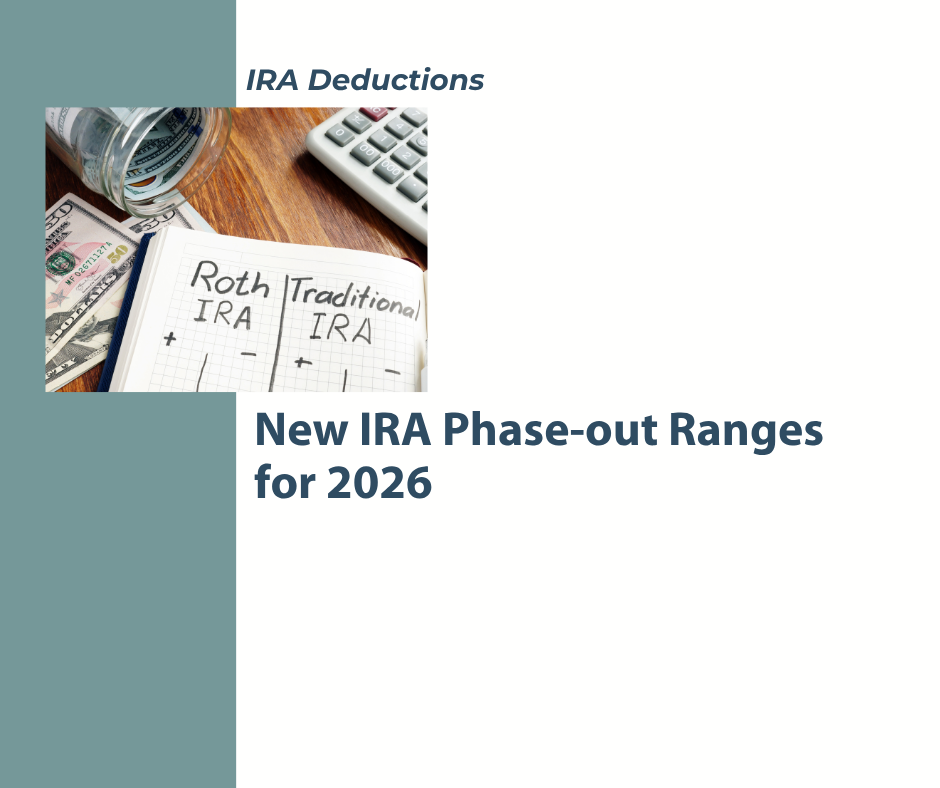New Tax Relief for Seniors: What the Social Security Announcement Really Means
Are You Affected by the New Tax Relief for Seniors?
You may have seen the recent announcement from the Social Security Administration celebrating the passage of new tax legislation. While the email and headlines sound promising — even historic — it’s important to cut through the confusion and understand what’s really changing for retirees.

What the New Law Actually Does
This new provision, part of the broader One Big Beautiful Bill Act, does NOT eliminate taxes on Social Security income. Instead, what’s been passed is a single new deduction — and it comes with important conditions:
- Up to $6,000 extra deduction for taxpayers age 65 and older
- Younger than 65? You don’t qualify — even if you receive Social Security retirement benefits or SSDI.
- You don’t need to be receiving Social Security to claim the deduction — it’s based on your age, not your benefit status.
- It’s a deduction, not an exclusion, meaning you still report your Social Security income on your tax return.
- Available whether you itemize or take the standard deduction.
- It’s not refundable — it can lower your taxable income but won’t generate a refund if your income is already low.
- Temporary — the deduction is currently set to expire in 2028.
- Income limits apply — the deduction starts to phase out at:
- $150,000 for joint filers
- $75,000 for single or other filers
It disappears completely at $350,000 (joint) and $175,000 (others).
What Does This Mean for You?
This legislation offers meaningful tax relief for some seniors — especially those living on fixed incomes who haven’t previously benefited from existing tax credits or deductions.
However, the SSA’s public messaging and emails have created some confusion, leading many to believe that all taxes on Social Security are going away. That is simply not true.
According to the White House, before this law was passed, 64% of Social Security beneficiaries already did not owe tax on their benefits. With this deduction, that number is expected to increase to 88%.
That’s a positive shift — but not a complete elimination of taxes on Social Security.
What’s Next?
We’re just beginning to unpack the details of how this new deduction will work in practice. As with most tax legislation, there will be caveats, phaseouts, and exceptions — and we expect additional IRS guidance in the coming months.
As we prepare for the 2025 tax filing season, we’ll continue to monitor updates and provide clarity so you can make informed decisions about your taxes.
In the meantime, if you have questions about how this new deduction might affect your personal situation, feel free to reach out to your tax advisor.
Learn More at the Barklee Financial Group






